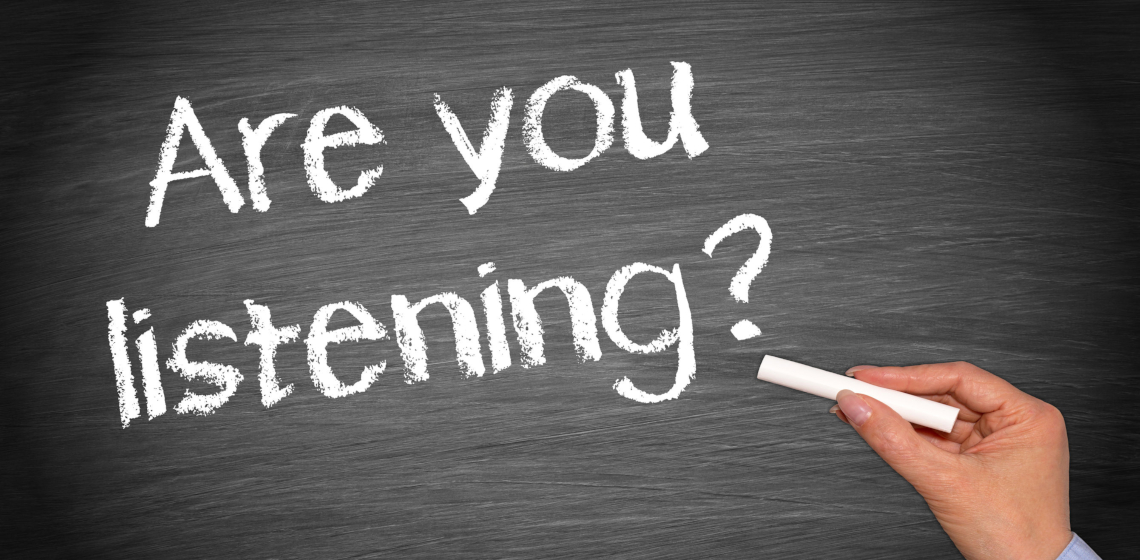
The Steps to Mentoring
If you are, or are interested in becoming, a mentor for others, there are several essential behaviours every mentor should be applying in their work. In the next few weeks we will be examining these behaviours and providing strategies and exercises to assist our readers in growing in these behaviours. Let us help you become the best mentor you can be!
When mentoring someone, one of the first and most important things to do is to establish a relational bond between yourself and your client. Even though professional mentors usually charge for their time and expertise, the relationship is definitely not a purely transactional one. Consequently, mentoring will not work without empathy, compassion and trust. Therefore, if you, as a mentor, don’t have genuine interest in the well-being of your client, you are in the wrong area of work.
Trust is the Key
How does a mentor begin to build relational bonds? It begins by establishing trust, and a safe environment. In order to communicate honestly, your client needs to feel like they can speak freely without judgment, that what they say will be private and that they are the priority within the time that you spend together.
Through my work with Dr. Charles R. Ridley (Chuck), Marcy Bradford, and Dr. Robert E. Logan (Bob), we have created a profile of what behaviours support a healthy relational bond:
Building Relational Bond: Establishing trust, safe environment, and support.
- Demonstrates empathy, care, and compassion
- Driven to know, encourage, and help others
- Discloses personal information with appropriate vulnerability
- Asks tough questions disarmingly
- Listens attentively
- Uses humor judiciously
- Manages personal and professional boundaries
- Establishes a conversational tone
- Allows necessary availability beyond regular sessions
- Respects cultural differences
If you still feel uncertain, think back to mentors in your life. Use these relationships as your model. Being mentored yourself will help you mentor others well. Not only can you model your behaviours after someone you know personally, but mentoring is key to YOU being a healthy, trusting and honest person. For example if I have trouble trusting, it may be hard to establish trust with a client… trust goes both ways. Ultimately, a healthy person is always a better mentor.
Here are a few questions to ask yourself before starting with a new client:
- Do I have any issues with trusting others?
- What do I do to build trust and make the environment safe for them?
- Is my focus here providing support?
- knowing boundaries and managing boundaries will help establish trust
- What will I do to keep this safe and private?
Continue reading with these articles…
Recent Posts
Categories
- Coaching
- Emotional Health
- Empowering Transformative Action
- Flourish
- Gauges
- Grief
- Grief
- Healthy Emotional Intelligence
- Mature Disciple: foundational competency for mentoring
- Mentoring Excellence
- Professional Supervision
- Reduced Risk
- Replenish
- Resources
- Seasoned Christian Leadership
- Sustainable Life
- Thriving Relationships
- Uncategorized
- Videos
- Vital Spirituality
- Well-Being
- Well-Being Mentoring



